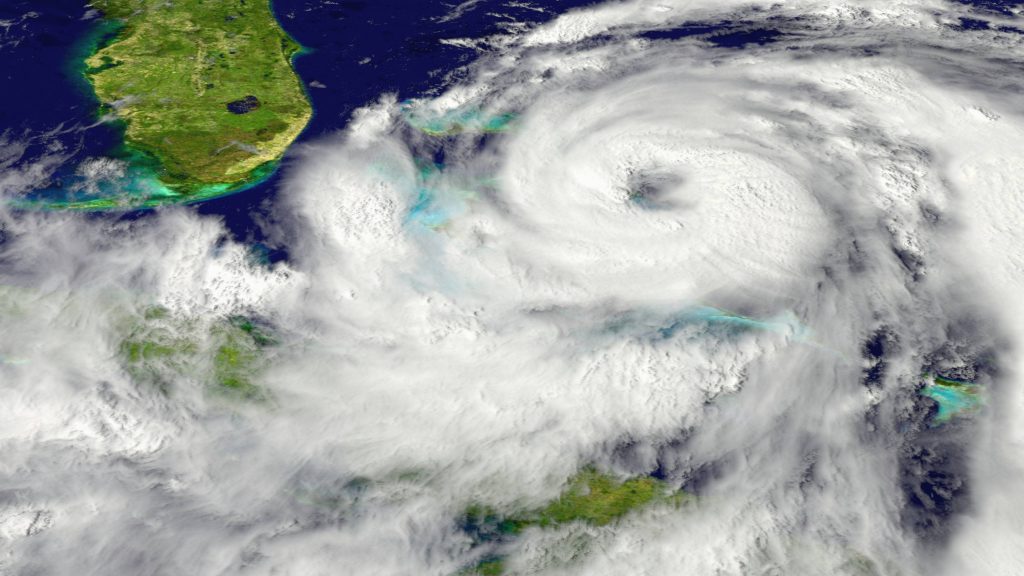-
Health & Wellness
2024 hurricane preparedness: Be ready for storm season

Each hurricane season, it is critical to take proactive steps to protect yourself, your family and your property. Hurricanes and other severe storm events can be devastating, but with proper preparation, you can minimize risks and stay safe. This year, the National Oceanic and Atmospheric Administration (NOAA) National Weather Service forecasters predict an 85% chance for above-normal hurricane activity in the Atlantic throughout the season beginning June 1 and ending Nov. 30.
Taking time to prepare in advance of severe weather can help reduce stress and ensure personal safety and well-being when a storm does arise. Dr. Brittany Beel, a Mayo Clinic emergency medicine physician, shares guidelines and essential information about hurricane safety.
Know your risks
- Safe place: Make sure your loved ones have secure locations to take shelter, including the elderly.
- Secure your stuff: Trees, patio furniture and outside decorations can easily become flying debris during a hurricane. Secure them or move them inside if possible.
- Watch the wires: Unplug any unnecessary electronics. Flooding can happen quickly, and this can lead to electric shocks and potential fire hazards.
- Battery power: Stock up on batteries in case the power goes out. Keep in mind that medical devices may also need backup batteries.
- Keep cool: When the air conditioning goes out, heat stroke and heat exhaustion can happen. You can obtain battery-powered fans to keep cool if the AC stops working to prevent heat exhaustion and heat stroke.
- Just cutting it: Use precaution when trying to cut tree limbs and clear debris. Be wary of using chainsaws if you are not a professional. You do not want to lose your own limb in addition to a tree limb. If you are going to clear debris, wear eye-safety goggles as well. Debris can easily blow into your eyes from residual storm winds.
Preventing illness and injury
- Have your medications ready: If you know a hurricane or tropical storm is on the way, make plans to obtain your daily medications in advance. For example, if you take insulin daily, make sure you have enough available for several days in case pharmacies are closed.
- Prepare for others: If you have children or care for elderly relatives, make sure you have several days of their medications readily available. If a grandparent uses oxygen, ensure they have several tanks available.
- Water, water, water: Stock up on clean, bottled water. Avoid using tap water, as it is prone to contamination during flooding.
- Do not forget the electrolytes: While it is important to stay hydrated with water, you also need drinks with electrolytes to ensure your body is replenished with the tools it needs to keep functioning. Electrolytes help your body use water effectively, so drinking only water is not enough. Stock up on sports drinks.
Related Articles







